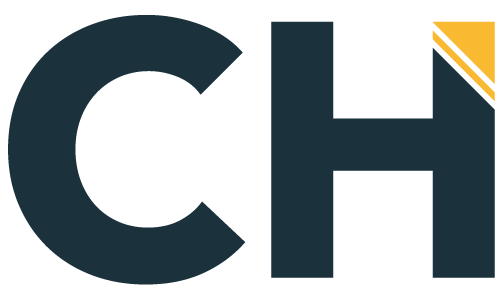I used to take it for granted that company leaders understood not only the complexities of a well-crafted, thoughtful RFP, but more importantly, the business benefits it can provide. Unfortunately, I have had to reconsider my position after encountering too many companies that consider the RFP merely an item to check off the project to-do list.
What these businesses don’t realize is they are missing a huge opportunity to further clarify what they need from a vendor, what problems they expect the vendor product to solve, how it will mesh with their current technology and staff and much more.
The important word here is CLARITY. I’ve worked with many clients who, after performing a deep dive into the RFP process, have discovered that individual departments and even leaders had very different ideas about business needs and goals. I have also been called in to help post-implementation to help with issues that could have been avoided had leadership paid more time and attention to the RFP process on the front end.
If you aren’t already convinced of the importance of a thorough RFP process (not just a document, but the entire process), I invite you to read on:
Project Clarity and Company-Wide Buy-In
As I mentioned above, the RFP process is the only way to get all interested parties on the same page. As an internal exercise, the RFP makes it possible for you get buy-in from all project stakeholders (leadership through front-line staff) by identifying product requirements and expectations in detail. Don’t forget to include in your internal notes details about how the new product will be evaluated. How will you know if it’s been successful 30, 90 and 1 year after implementation? You can save a lot of disagreements about the success of a new technology systems, for instance, by having these details in place from the start.
Evaluation Tool
Beyond helping to get clarity around what it is your company needs, the RFP serves as the basis for detailed vendor comparisons from functions, investment requirements, implementation and more. The key here is being able to accurately compare one offering to another. A quality RFP will include details on how the vendor arrived at any specs they provide. Ask for a breakdown of pricing and make note of features and services that one vendor may offer over another. The point here is to get as close as possible to an “apples-to-apples” comparison for a true evaluation.
Diving Deep into the Demo
When it comes time to demo vendor products, I advise clients to take control as much as possible. If left unchecked, most vendors will talk about how great they are and focus on their whiz-bang functions. But what’s most important is how the product works FOR YOUR BUSINESS. Ask for detailed demonstrations of the functions most crucial to your business. You can see here how it behooved you to get clarity around business-critical needs early in the RFP process.
Return on Investment
It’s often difficult for many vendors and merchant companies to show demonstrable savings. There is always a long list of intangible benefits, but where are the cost reductions, productivity gains or customer service improvements you can take to the bank? This is why thinking ahead about how a new product or system will be evaluated is so important. Determine what your key metrics are during the RFP process so you will be able to report on ROI consistently and in a way everyone understands.
Tracking Over Time
Large-scale projects like new technology system implementations require months, not weeks, of coordination. During that time, it’s likely that team members will leave and new ones will come on board. A thorough RFP ensures new project members will be able to get up-to-speed as quickly as possible by understanding the project’s goals. What’s more, an organized RFP process can answer any questions that may come up during or after implementation. The reasons why one functionality was chosen over another, for example, can save valuable time and keep the project on track. In the future, a solid RFP can serve as a valuable tool when you begin looking for new vendors and solutions.
Whether you are just starting your RFP process, are in the middle of one, or are neck-deep in a complex technology system integration, CH Consulting can help. Our years of experience can be your competitive advantage when it comes to running a more efficient and successful business.
Related reading:
Case Study: Project Management
Case Study: Operations Optimization
Case Study: Technology Implementation
Project Management in Today’s Technology




